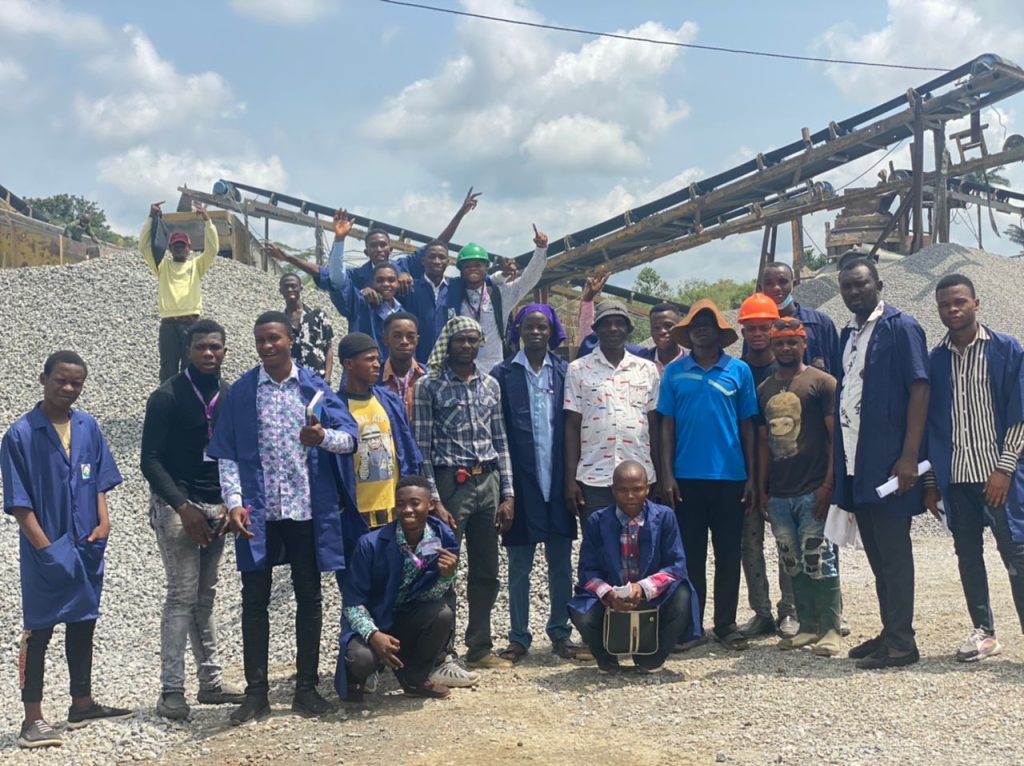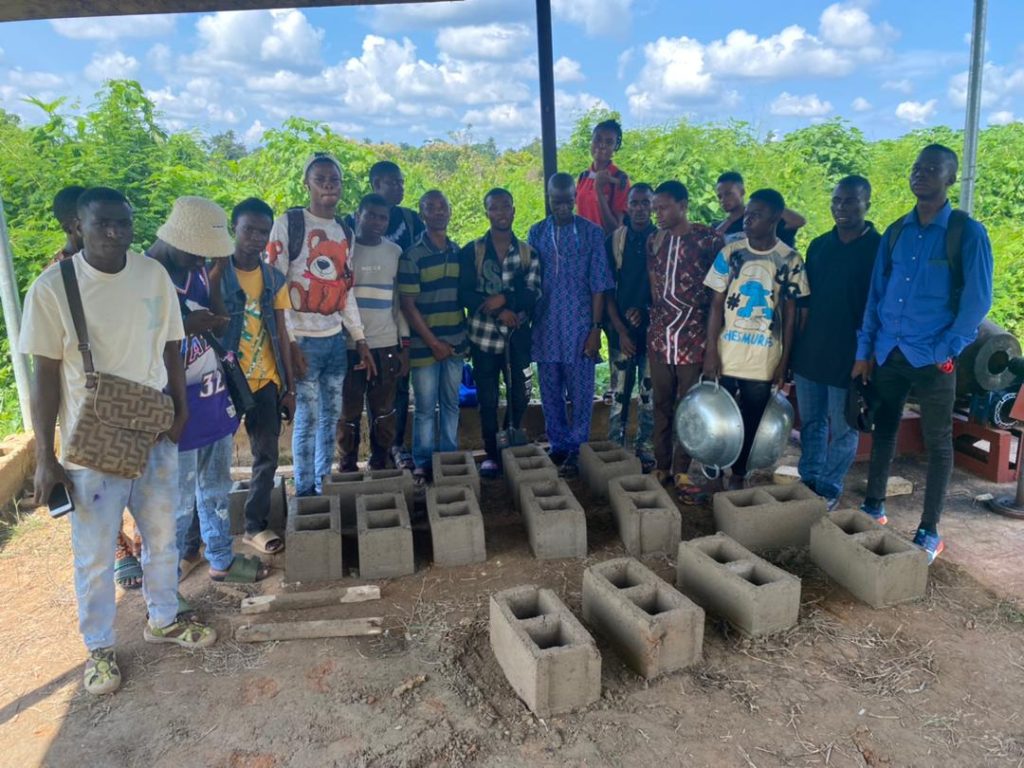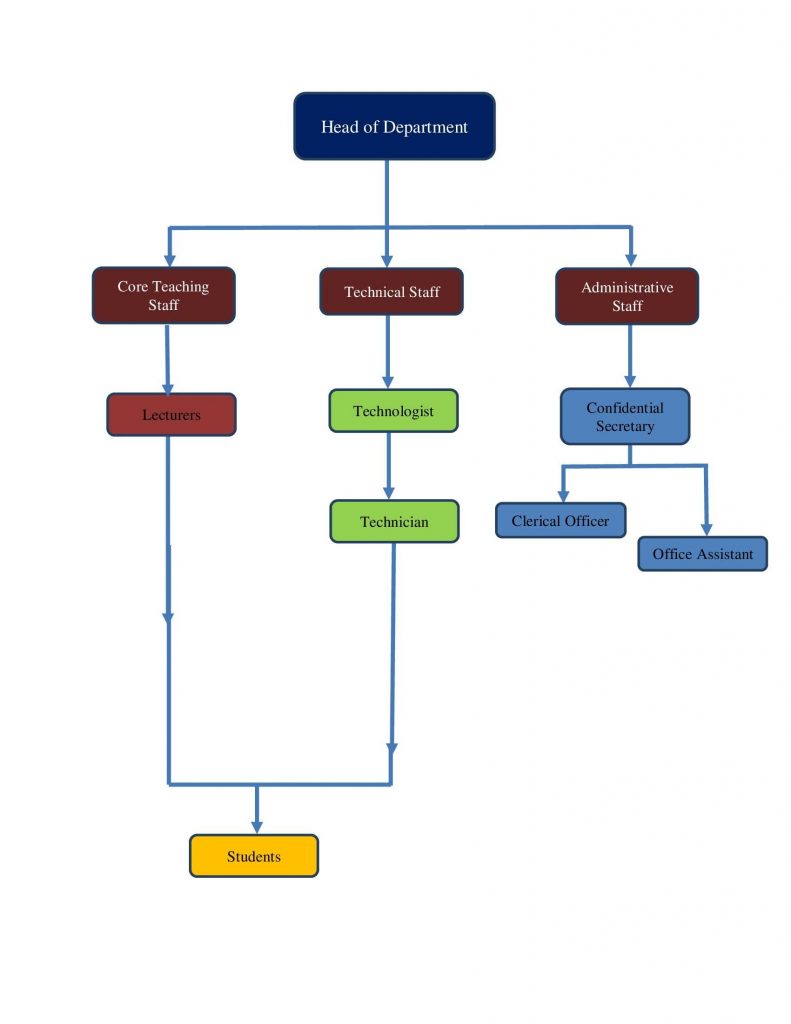

About Us
The department of Civil Engineering started in the year 2017 with two lecturers namely, Engr. Ipindola O.O. The pioneer staff met regularly to design an operating structure and prepare for academic activity. In the year 2019, the department obtained resource accreditation, which was followed by the enrollment of its first set of students. Engr. Ipindola O.O. was appointed as the coordinator of the department in year 2020. In the same year, eight staff were added to the department. Of the additional number, six were fresh hires while two were redeployed from other departments.
Please find hereunder the list of pioneer members of staff in the department.
Name Cadre Position
Engr. O.O. Ipindola Lecturer III Coordinator/Students’ Adviser
Engr. J.N. Falana Lecturer III Examination Officer
Civil Engineering Students are trained to use Engineering methods and systems to solve problems relating to the complex engineering projects, in addition developing cost effective, sustainable and eco-friendly construction materials. Civil Engineers plan, design, construct, preserve and repair Civil Engineering Projects which includes building, dams, roads, bridges, railways, water and wastewater plants etc. They use scientific, mathematical and practical skills to design and analyse complex engineering structure.
.
Organogram

Programme Objective
- technical knowledge and skills in Civil Engineering discipline;
- conceptual understanding of natural and physical science and ability to apply it in Civil Engineering discipline;
- application of engineering methods to solve complex engineering problems;
- theoretical foundations and practical skills in Civil Engineering and Project Management;
- strong proficiency in oral and written communication, including leadership, managerial and professional accountability skills;
- creative and innovative skills and ability to work independently and cooperatively;
- in-depth understanding of Civil Engineering courses and how it can apply to real-time problems
Programme Structure
Curriculum Structure
The programme comprises four semesters of classroom (teaching and practical) activities and four (4) months of supervised Students’ Industrial Work Experience Scheme (SIWES). A semester is made up of seventeen (17) weeks of academic activities, spelt out as follows:
- 15 weeks of intensive teaching theory, practical and tests, quizzes etc.
- 2 weeks for examinations.
General Information
Every student in the department of Civil Engineering is expected to acclimatize himself/herself to the details in the departmental handbook. Students are expected to study the handbook and comply with all regulations therein for proper guidance and conduct. Click here to view handbook
ADMISSION REQUIREMENTS
NATIONAL DIPLOMA IN CIVIL ENGINEERING
Applicant must possess at least five credit passes in SSCE/NECO/GCE/NABTEB O’ level. The five (5) subjects must include English Language, Mathematics, Physics, Chemistry and any one (1) of the following science subjects: Further Mathematics, Biology, Agricultural Science and Technical Drawing.
HIGHER NATIONAL DIPLOMA IN CIVIL ENGINEERING
In addition to the requirements for National Diploma as stated above, candidate seeking Higher National Diploma admission must possess a good National Diploma certificate from a recognized polytechnic with minimum of lower credit and evidence of completion of one year industrial training.
